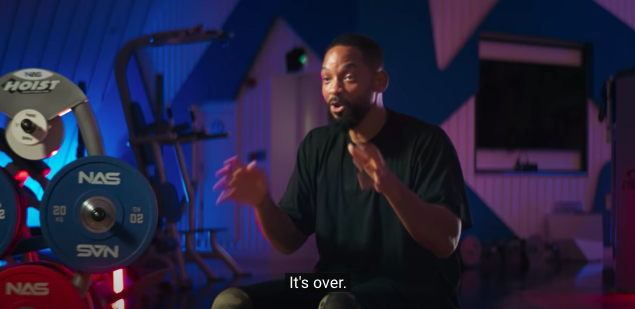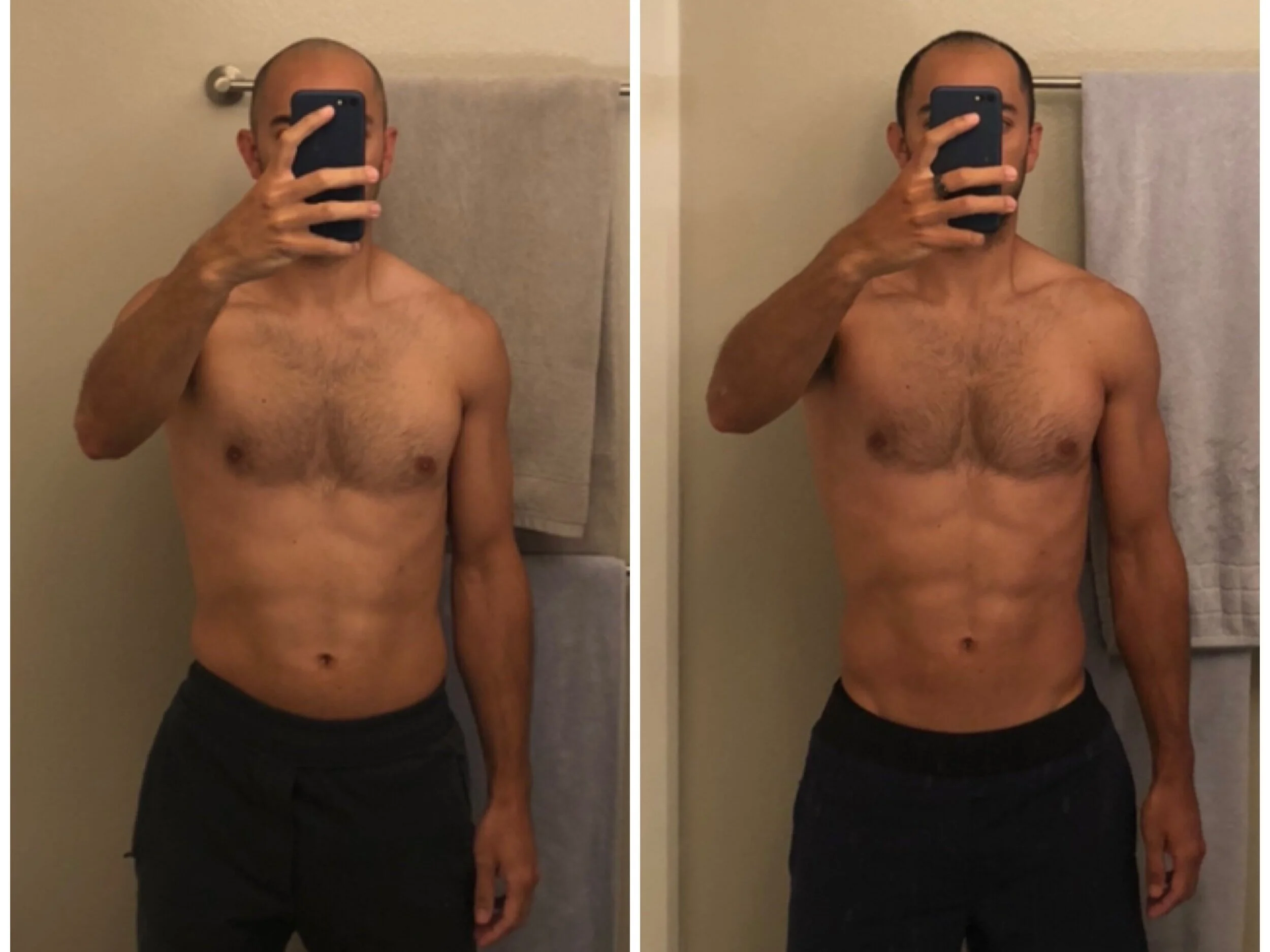I’m not a professional athlete. Not even fucking close. Let’s just get that out there. Nobody has ever relied on me to make a team except my very own ego. I don’t know the tremendous weight of expectations on the shoulders of an athlete trying to make the league. The seemingly endless effort put into the pursuit of a dream that suddenly hits a brick fucking wall.
There are few moments as painful as not making the team.
The first time I ever got cut from a team, I was trying out for a Grade 6 basketball team. I went to the try out. Stunk it up and didn’t play basketball for the next 20 years. Looking back, I suppose that I didn’t deserve to make the team. I just showed up, laced up my sneakers and went for it. No practice. No prep. No scrimmages. Nothing.
I cried. I said basketball was stupid and walked away from a sport before I even had a chance to start. It actively discouraged me from trying a fun team sport for two decades.
The second cut went deeper.
I tried out for other teams and made them - rugby, soccer, hockey, ultimate frisbee. But the next time I was cut, I was 17 years old. I was trying out for a team to represent my province at a national frisbee tournament - the British Colombia All Star team. I got relegated to the B team. That one hurt more because I knew that I was on the bubble and I saw myself beating people who made the team in tryouts and drills.
But the coaches had decisions to make and that was one of them. And it put a giant fucking chip on my shoulder - that whole summer was dedicated to this internal battle to prove them wrong. To show them that they had made the wrong choice. I remember an inter-squad scrimmage in preparation for Nationals where we - the ragtag group of B teamers - took it to the A team. They were not happy. The coaches were pissed. I was bubbling with piping hot righteousness and joy. Fuck that felt good.
New city. No credibility.
When I moved to Montreal, I had played ultimate frisbee at a competitive level for a couple of years. But I’d only played co-ed. Never in the men’s division (open, as it’s called in ultimate). I’d heard that a bunch of the best players in Montreal were coming in from all across the province to make a superteam in the co-ed division. A bunch had just found success at worlds, so they were ready to supplant the system and create a new team.
New team. New tryouts. New city. But I lacked credibility. Nobody knew who I was. I barely spoke French. And I remember being nervous and being extremely mediocre on my reps at tryouts. I wouldn’t call it “being cut” from that team, so much as “never ever having a shot.”
New opportunity. Same sport.
Being cut forced me to look at an opportunity that I never would have considered otherwise - playing open. I was told that I wasn’t good enough, tall enough, fast enough or skilled enough to play open. I’d played it the year before on a joke team so that we could go to Nationals. But I didn’t think that I’d stand up as a serious player on a top team. Well, I was wrong. I made it. And not only that, the captains saw fit to try me in a new position - handler - that would be my go to spot for the rest of my ultimate career.
The experience taught me what it was like to really practice. To get coached. To take feedback. To see the field from a different perspective. It taught me real strategy. And what it was like to be part of a team that competes against some of the best talent in North America. It felt fucking awesome.
Cash in that chip on your shoulder.
There’s shit you can control and shit that you can’t. You don’t control a coach’s decision. When you’ve been cut - whether fairly or unfairly - that’s the reality. Anger doesn’t do shit unless it makes you do shit. You can walk away - like I did with basketball. Or you can lean into the slight of being cut as a motivator to get better. Or you can look for a new opportunity to open up.
- Christian



